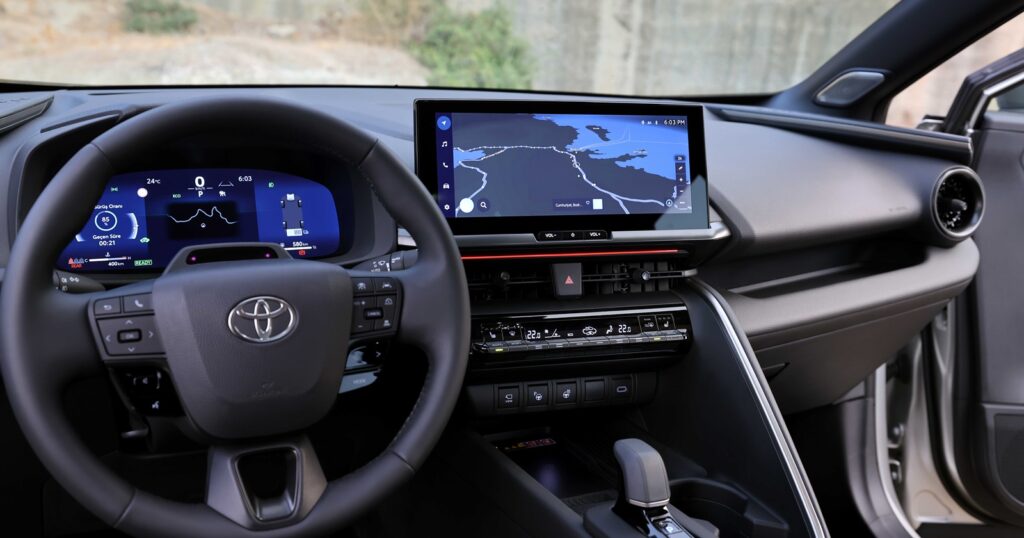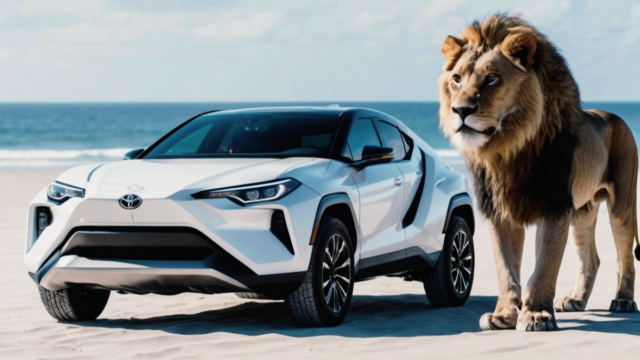In recent years, a significant debate has been taking place in the automotive world, including among our readers. While electric vehicles are becoming increasingly popular, some giants like Toyota have insisted on hybrid vehicles. So, was Toyota really right about hybrid cars? Here is the debate that has pitted car enthusiasts against each other…
Was Toyota right about hybrid cars? Why is it so persistent?
Instead of fully transitioning to electric vehicles, Toyota decided to invest in hybrid vehicles. There are several reasons behind this decision. First, battery supply is still a major issue. Although battery prices have dropped in recent years, they are still not entirely reasonable. China has a significant advantage in battery production. However, relying on this supply chain also carries significant risks. For example, China’s rare earth minerals embargo against Japan in 2010 demonstrated how dangerous such dependencies can be.

Hybrid vehicles can serve as a bridge during the transition by using both electric and gasoline engines. By using smaller batteries, it is possible to produce more vehicles with the same amount of battery material. Additionally, hybrid vehicles offer some advantages in the transition to fully electric vehicles. Oil companies can also support hybrid vehicles because they still use some fossil fuels. However, hybrid vehicles are not as energy-efficient as fully electric vehicles. Therefore, in the long term, it seems unlikely that they will replace fully electric vehicles.
In the future, battery prices are expected to drop, and battery supply is expected to increase. In this case, fully electric vehicles could surpass hybrid vehicles in terms of both cost and efficiency. However, at this point, the development of charging infrastructure will be a critical factor. Currently, there are not enough charging stations for the widespread adoption of electric vehicles, and the existing stations are often unreliable and difficult to use. If the charging infrastructure does not develop quickly enough, people may still prefer hybrid vehicles for long journeys.
By investing in hybrid vehicles, Toyota has gained some short-term advantages. Hybrid vehicles have received support from oil companies and provided consumers with a more comfortable option during the transition. However, in the long term, the widespread adoption of fully electric vehicles seems inevitable. The development of charging infrastructure and the reduction of battery prices will pave the way for fully electric vehicles. If this happens, hybrid vehicles may become a thing of the past.
Toyota’s investment in hybrid vehicles may seem like a logical strategy in the short term. However, it is predicted that fully electric vehicles will win in the long term. With the rapid development of charging infrastructure and the reduction of battery costs, fully electric vehicles could become more advantageous both economically and environmentally. So, while Toyota’s hybrid passion may work in the short term, the future is said to be with fully electric vehicles.
What do you think about Toyota’s hybrid strategy? Do you prefer hybrid or electric? You can share your thoughts in the comments section below.














